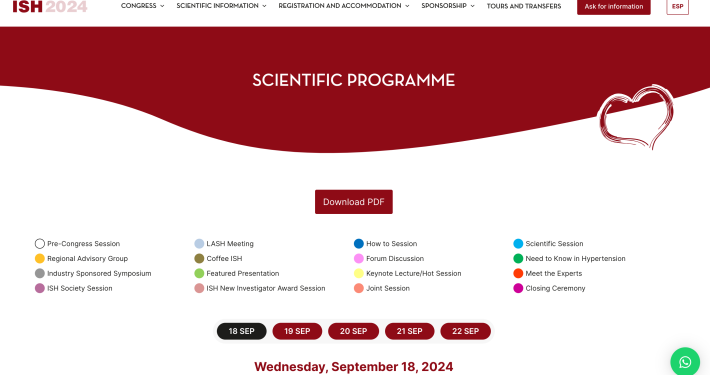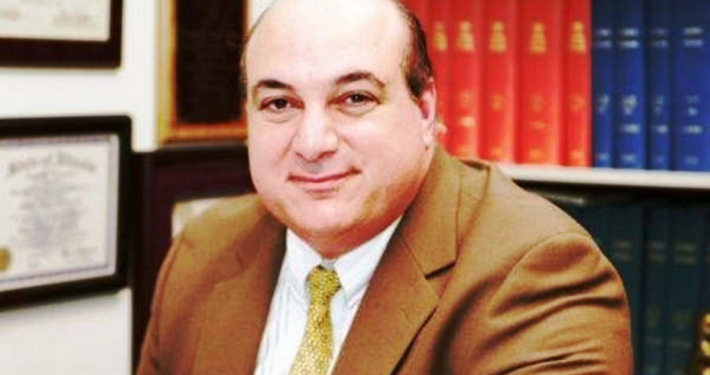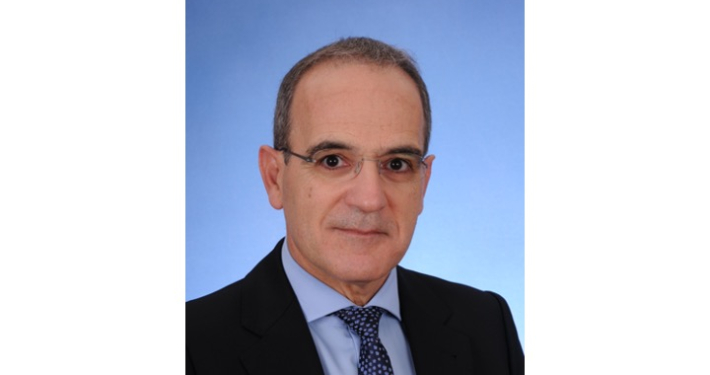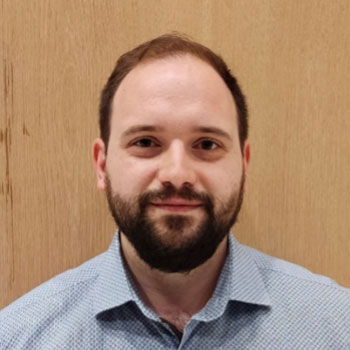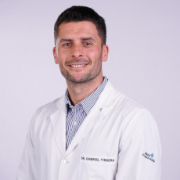- Tell us about yourself.
My name is Konstantinos Kyriakoulis and since 2016 I work as a clinical research fellow and PhD student at Hypertension Center STRIDE-7, National and Kapodistrian University of Athens, School of Medicine, Third Department of Medicine, Sotiria Hospital, Athens, Greece, under the supervision of Professor George Stergiou. I am an International Society of Hypertension member (Trainee) and member of the European Society of Hypertension Working Group on Blood Pressure Monitoring and Cardiovascular Variability. I have completed 4 years of clinical training in Internal Medicine and I intend to start specialization in Cardiology soon.
- What are your research interests?
My research interests include blood pressure measurement methodologies and technologies, including clinical validation of blood pressure measuring devices, measurement in special populations such as atrial fibrillation, and cuffless blood pressure measuring technologies and devices. Also, blood pressure variability which is my PhD thesis topic aiming at investigation of the impact of different measurement methods, indices, and antihypertensive drugs on blood pressure variability, and the assessment of hypertension induced preclinical target organ damage (echocardiography, carotid ultrasonography, assessment of retinal arteries, pulse wave velocity measurement using various techniques, etc).
- What are you working on right now?
Currently, I am involved in several projects regarding blood pressure measurement methodology, some of them in the context of the activities of the European Society of Hypertension Working Group on Blood Pressure Monitoring and Cardiovascular Variability, under the supervision of Professor Stergiou. I am also working intensely to complete my MSc thesis in Biostatistics and my PhD thesis on blood pressure variability.
- What do you hope to achieve in the field of hypertension over the next 5 years?
I hope to be able to continue my research journey through a post-doctoral fellowship. Moreover, I wish to be involved in projects with colleagues from all over the world who share the same enthusiasm for research in cardiovascular medicine and hypertension.
- What challenges have you faced in your career to date?
Research and clinical practice are complementary in medicine; however, it is indeed difficult to be exceptional in both. Teaching young medical students (since I have been working in a University Hospital) is another demanding activity that needs enthusiasm, preparation and commitment. Achieving a good overall balance is always a challenge.
- Which of your publications are you proudest of and why (please include paper reference)
I am really proud of the paper “Home blood pressure monitoring schedule: optimal and minimum based on 2122 individual participants’ data” published in 2022 in the Journal of Hypertension (https://pubmed.ncbi.nlm.nih.gov/35762478/). This analysis was based on a European database with more than 2,000 participants from Finland, Greece, and UK, which aimed at investigating the optimal and minimum home BP monitoring schedule. As a Biostatistics MSc student, I really enjoyed working on the various approaches in analysing these data to address the research question and the interaction with colleagues from different countries. Eventually, I was thrilled to see this work cited in the 2023 ESH guidelines in the “Home blood pressure monitoring” section!
- What is your favourite manuscript from a lab other than your own?
My favourite manuscript is the ACCOMPLISH Trial (https://www.nejm.org/doi/full/10.1056/nejmoa0806182). This study aimed to answer the question regarding the second step in the treatment of hypertension after an angiotensin-converting–enzyme inhibitor. The comparison included a dihydropyridine calcium channer blocker vs a thiazide diuretic. This randomized study included more than 11,000 patients and showed that the angiotensin-converting–enzyme inhibitor/dihydropyridine calcium channer blocker combination was superior in reducing cardiovascular events. Most exciting is the fact that these results have not been explained and pathophysiologically interpreted since both treatment arms achieved similar follow-up blood pressure levels.
- What are your passions outside of work?
Outside of work, I really enjoy meeting friends, going for jogs, and playing the guitar.

